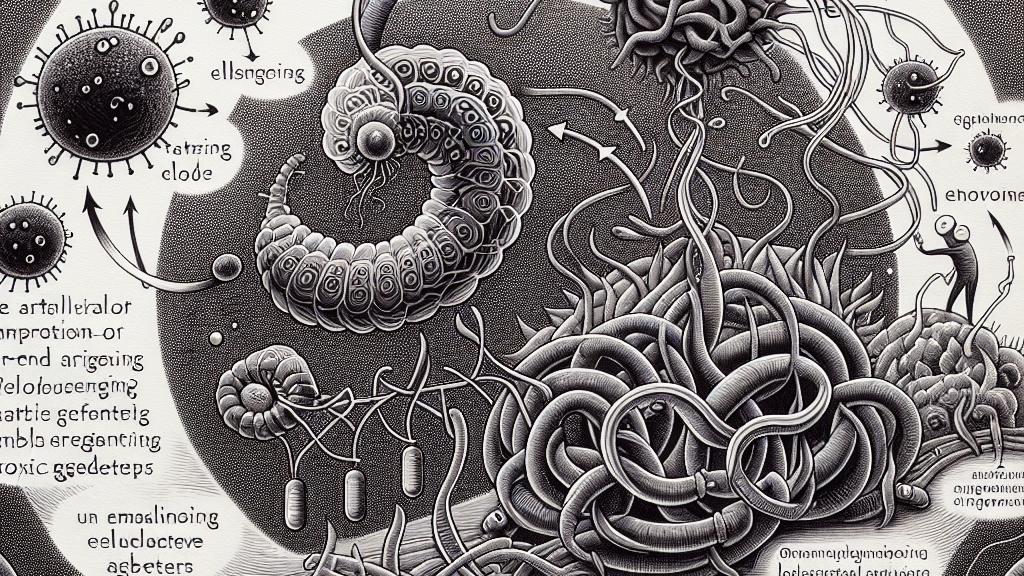New Discoveries in Protein Function for Age-Related Disease Treatment
Overview
- Researchers at McMaster University reveal a groundbreaking role for the MANF protein in cellular protection against aging.
- This innovative study links MANF to improved cellular health, presenting fresh strategies for combating neurodegenerative diseases.
- Targeting MANF could lead to transformative therapies, enhancing our longevity and quality of life as we age.

The Fascinating Discovery of MANF and Its Implications
A remarkable breakthrough at McMaster University in Canada has shed light on the MANF protein, revealing its critical function in protecting cells as they age. As cells undergo the inevitable wear and tear of aging, their ability to manage proteins deteriorates, leading to the accumulation of toxic aggregates. For example, in the case of Alzheimer’s and Parkinson’s diseases, these protein buildups can have devastating effects on brain health. During their investigation of C. elegans, tiny worms known for sharing cellular similarities with humans, the researchers observed MANF actively aiding in the removal of these harmful aggregates. This vital function underscores MANF’s importance as a defender of cellular health, paving the way for innovative approaches to treating age-related ailments.
Understanding the Mechanisms of Cellular Homeostasis
Delving deeper into the research, the study highlights the crucial role of MANF in maintaining cellular homeostasis—essentially, the balance of proteins within cells that enables them to function effectively. As we age, cellular stress from improperly folded proteins becomes more prevalent, which can trigger a cascade of negative effects. When cells become overwhelmed, they may slow or halt protein production, leading to potential cell death. However, the researchers discovered that by elevating MANF levels in their experiments, they could activate a natural clean-up process, reminiscent of a well-functioning recycling system. This rejuvenation of cellular function not only enhances the health of individual cells but also creates a harmonious environment essential for overall well-being, stressing the need for continued research into MANF's mechanisms.
Envisioning a Future with MANF-Based Treatments
Looking forward to the implications of this exciting research, the potential impact of MANF on the field of aging and neurodegenerative disease treatment is huge. Given that MANF is present across various species, including humans, we stand at the threshold of pioneering therapeutic developments. Imagine a future where we can harness MANF’s capabilities to proactively enhance cellular function, ultimately reducing our vulnerability to diseases associated with aging. As scientists explore the full range of interactions and effects of MANF within cells, we may redefine what it means to age gracefully, enabling us to live longer, healthier lives. By investing in this line of research, we may well uncover the keys to not just surviving old age, but thriving in it.

Loading...